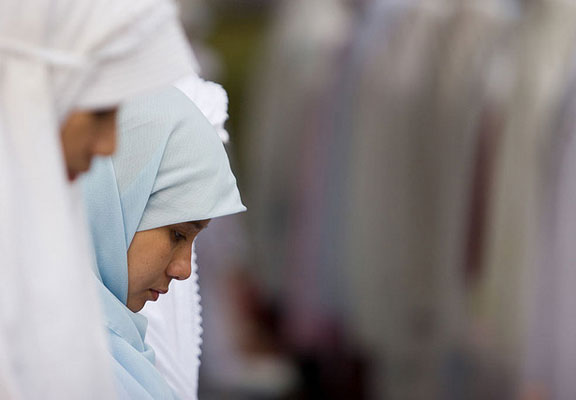
RNA - According to Womansenews, Sarah B. is giving herself five years before she seriously considers leaving France.
"I am telling myself that my future is maybe not here," she said in an interview at a fast food restaurant in Paris in September. "If I cannot be accepted as I am, I will leave. I don't want to fight my whole life to be accepted. I also want to live peacefully and be free like any other woman."
The 18-year-old native of a Parisian suburb is thinking of other possible countries. "Maybe Canada or England. Or I will simply return to my parents' homeland: Morocco."
Like everyone interviewed for this article, she spoke in French and her words are translated. She asked not to use her last name because of fear of repercussions for expressing her opinion.
Sarah B. said she suffers discrimination that's tied to her religious beliefs and appearance in France, a country that partially bans religious head coverings. For Muslim women, that means the hijab that covers their hair and chest.
In 2011, Sarah B. decided to start covering her hair with a veil and to dress modestly. She wears loose, long skirts and dresses that hide the shape of her body. But due to France's 2004 national ban on any religious signs in public schools, she takes off her hijab every time she enters the high school where she is pursuing her nursing studies. "It hurts," she said, when asked about how she feels when she removes it.
"I love France," she said. "It is a country that has offered me a lot but I am also entitled to my freedom. I have the right to be myself. The first thing when you live here is to feel French, but I don't feel French. The problem is that we will never be seen as French, we are just seen as Muslim."
A dozen French Muslim women interviewed for this article echoed Sarah B.'s sense of discrimination and rejection.
R111/108/C/